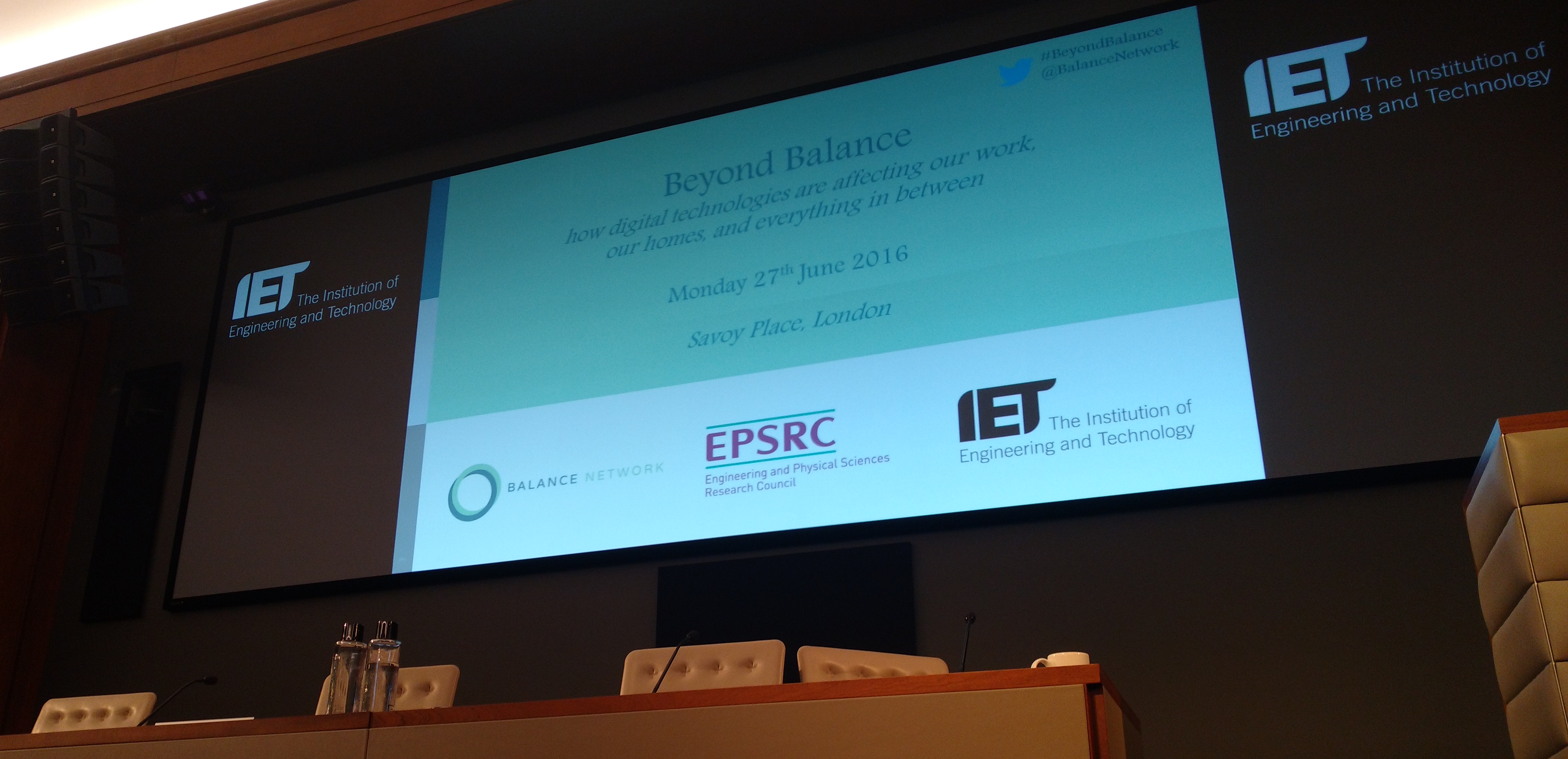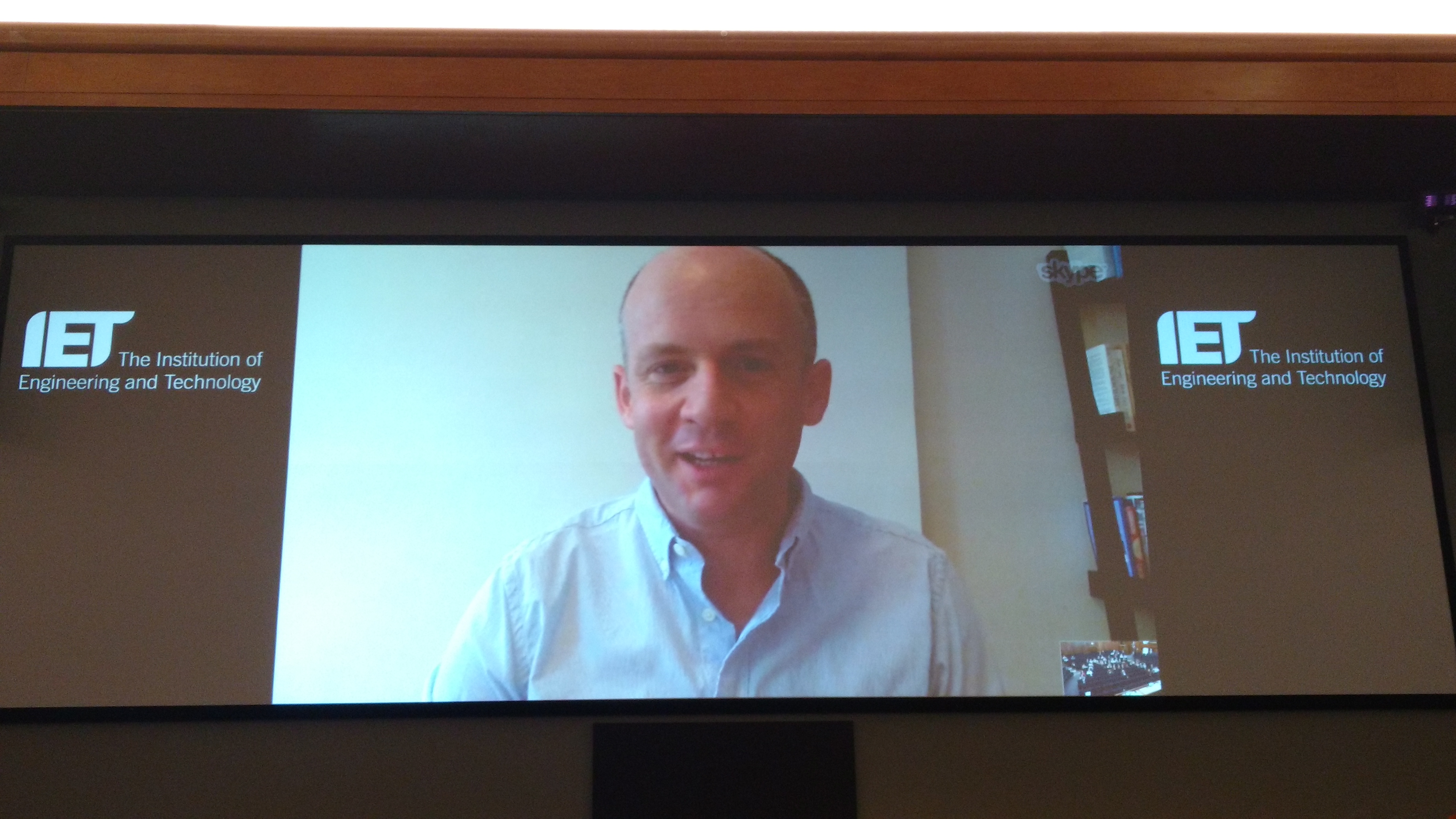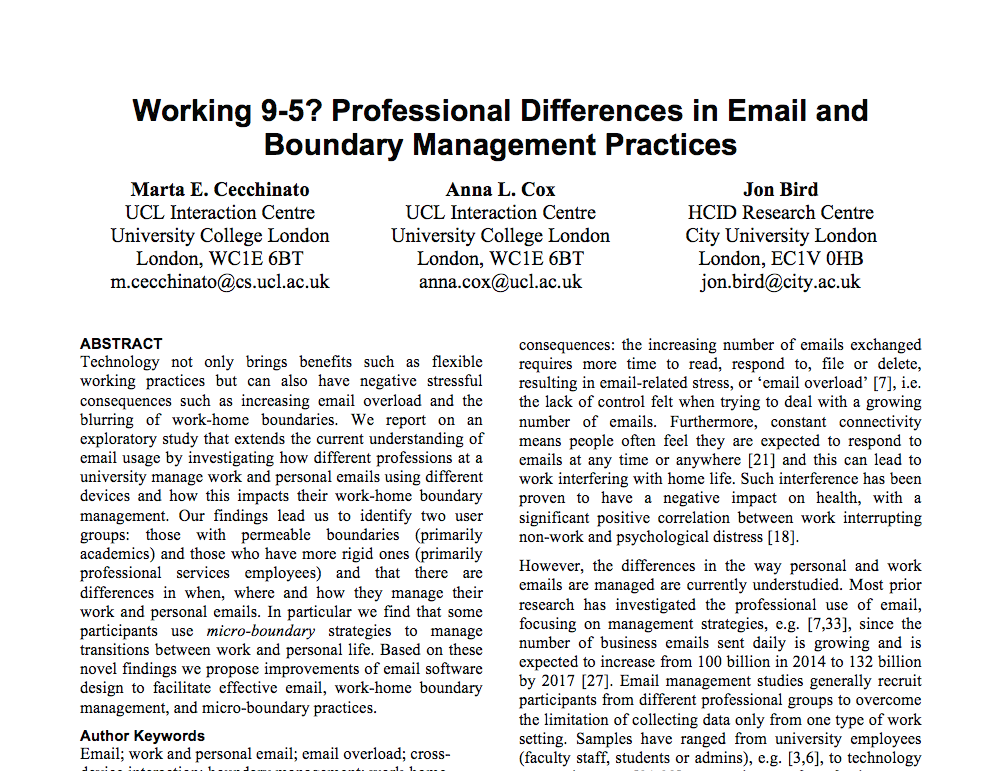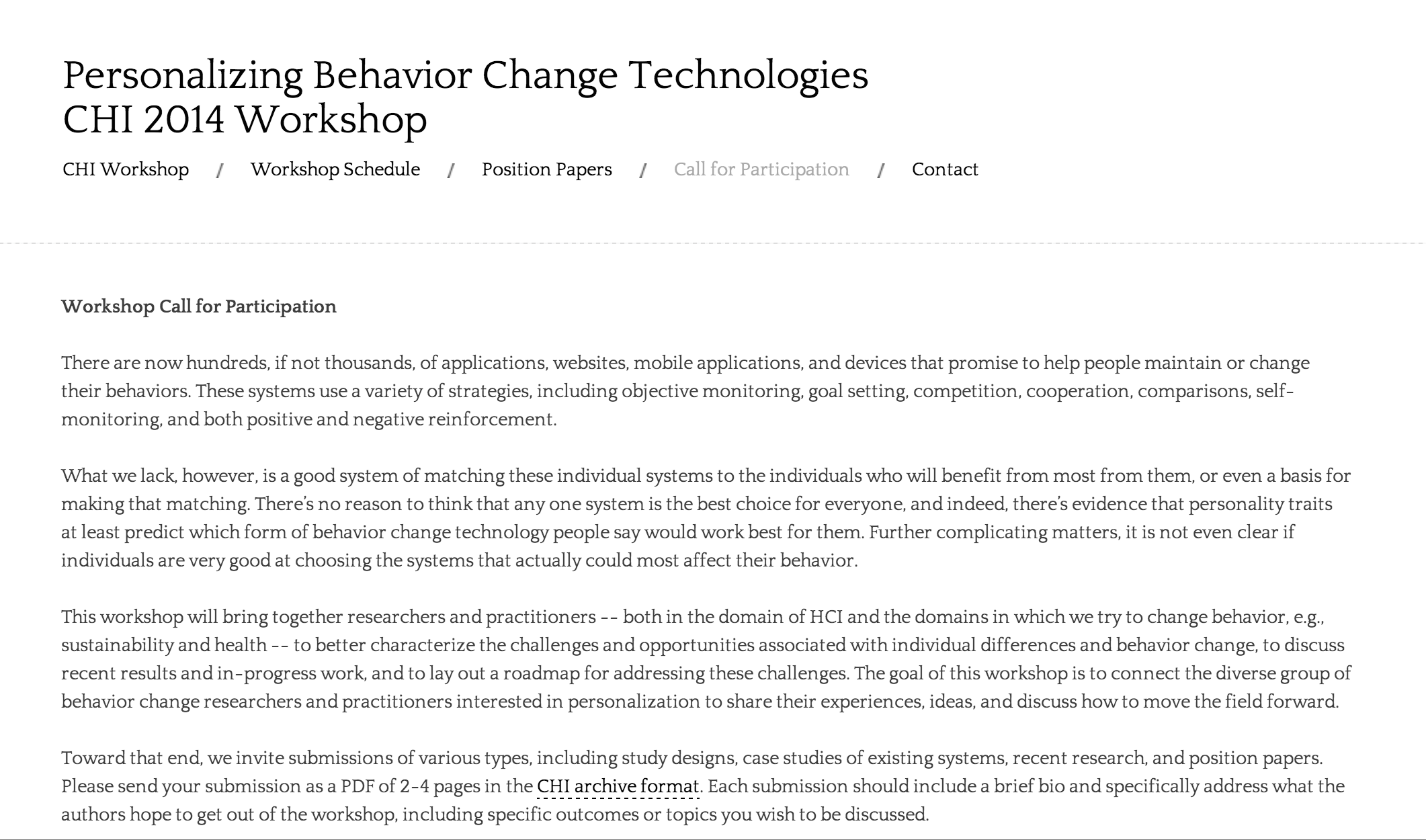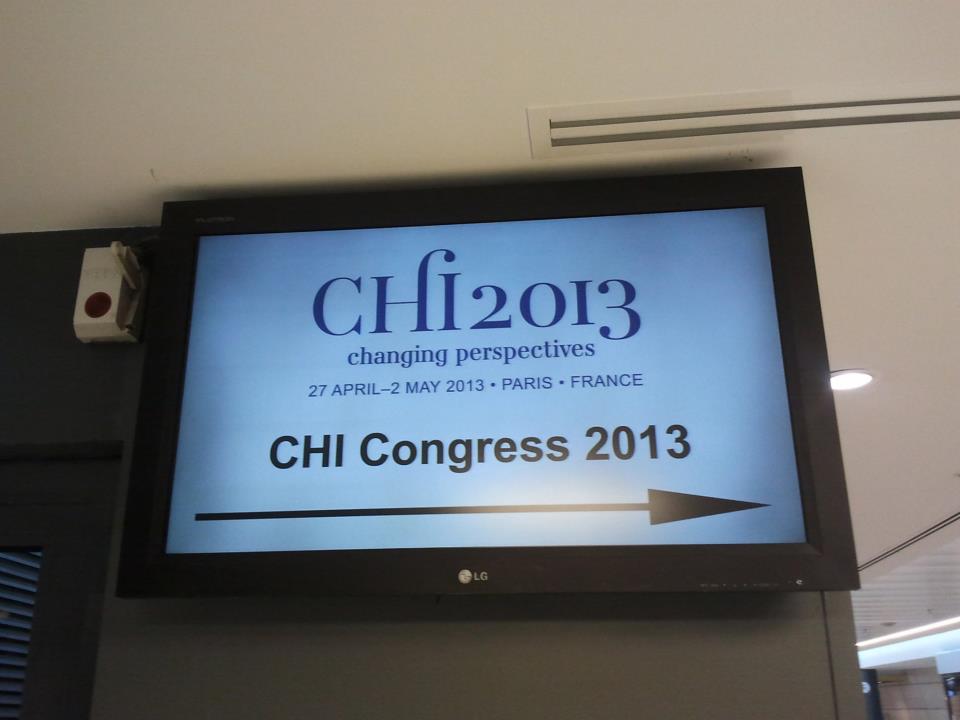Conference
What ICT can do for work-life balance
Last week the Balance Network organised a one-day conference, Beyond Balance, to bring together researchers, practitioners and industry parties that work in the area of work-life balance and digital technologies. You can find the full program here. The event was organised as an opportunity to showcase and present findings from funded projects on the topic. Because there were two tracks going on, couched by morning and evening keynotes, I was able to attend only half of the sessions, two of which I was involved in. Thoughts and reflections shared below are intended to be a summary of the three themes that emerged across all sessions (I attended, that is) and I took home that day. Together, the three points offer an answer to the question:
“What can ICT do for work-life balance?“
